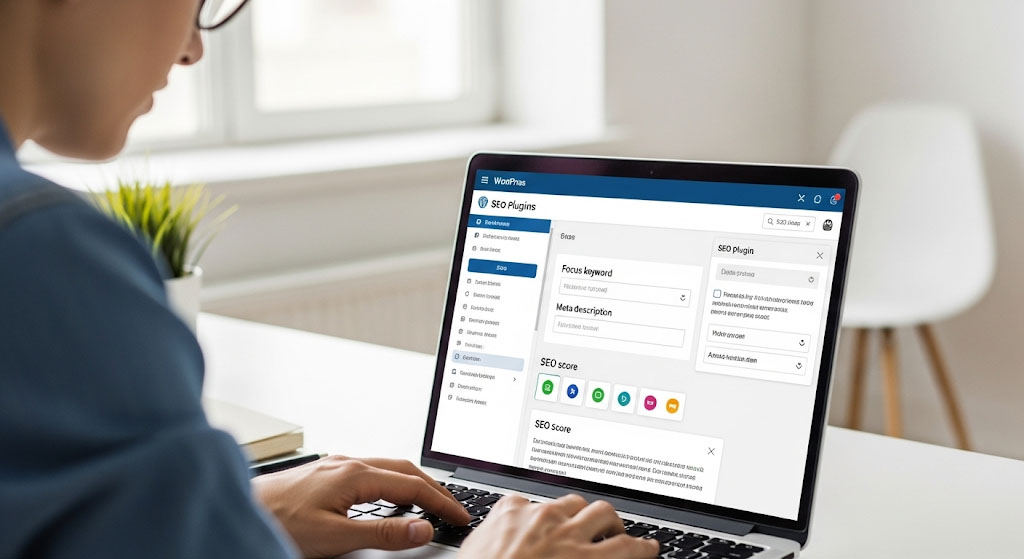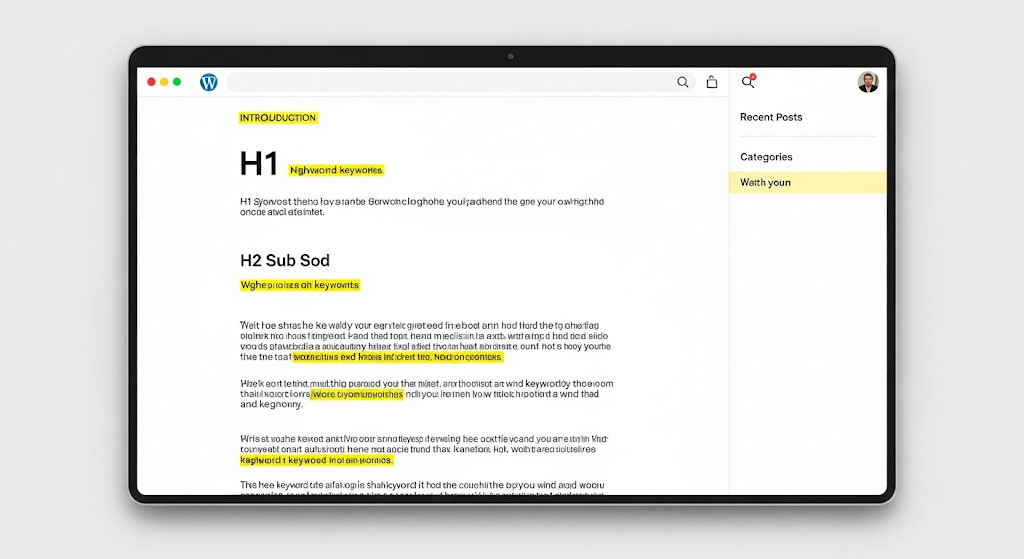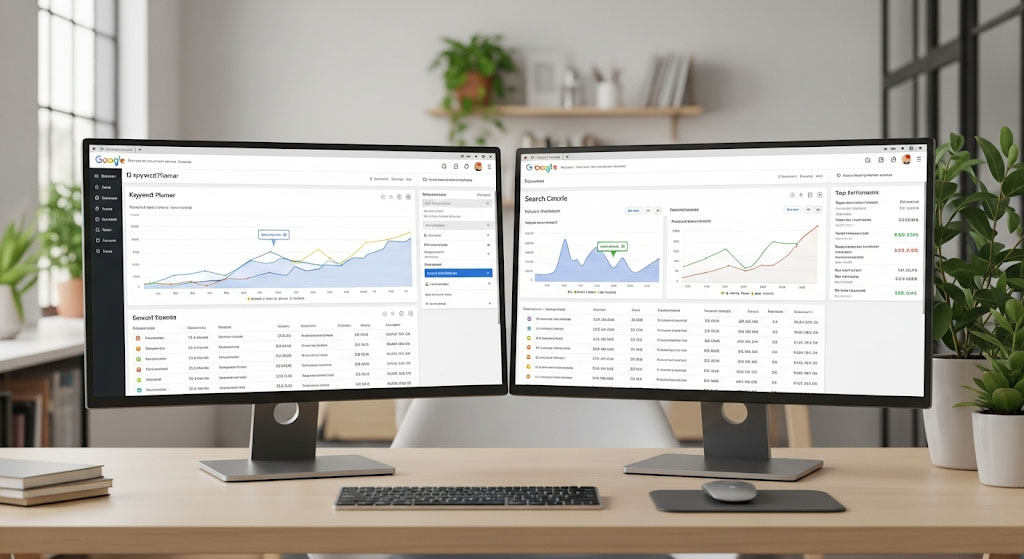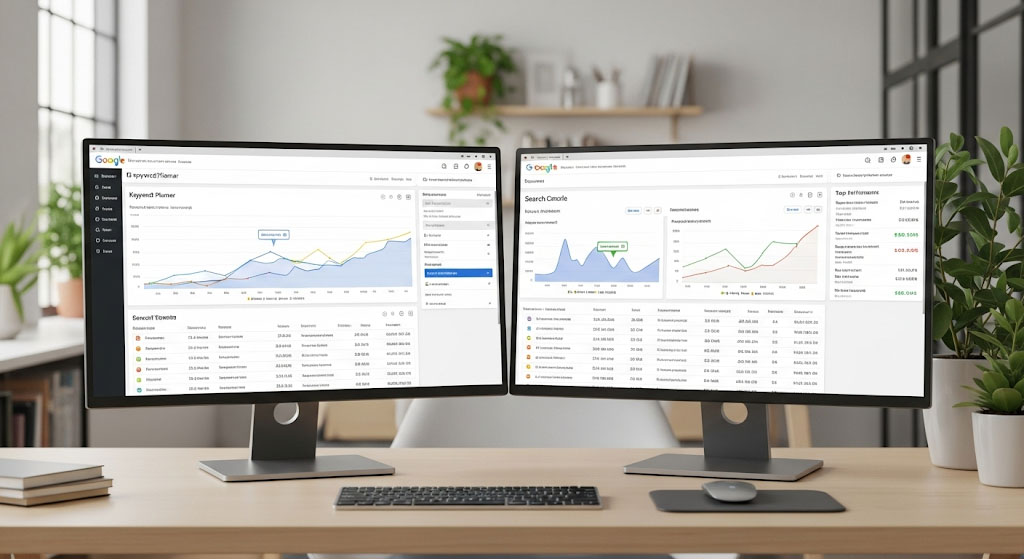SEO keywords are the foundation of how search engines connect people with your website. Think of them as signposts that guide google toward understanding exactly what your content is about. When you place the right keywords in your headlines, meta descriptions, and throughout your articles, you help search engines match your page with the questions your audience is asking.
For WordPress sites, this means more than just traffic it means attracting the right visitors who are genuinely interested in your topic.
Clear well-placed keywords improve visibility, boost click-through rates, and create a smoother reading experience because your content directly addresses what users are searching for.
In short, the smarter you are with keyword placement, the easier it becomes for both search engines and readers to trust and engage with your website. For more insights on startup tech and digital growth, explore the Rteetech homepage.
Why SEO Keywords Matter in WordPress

SEO keywords are the connection between your content and the people searching for it. When you use the right keyword in your titles, descriptions, and content, you send clear signals to search engines. In my own projects, I noticed how traffic increased significantly on WordPress blogs once keywords were added and optimized correctly.
Benefits of adding SEO keywords in WordPress:
- Help search engines identify what your content covers
- Attract targeted visitors searching for information on your topic
- Improve click-through rates when keywords appear in search snippets
- Enhance user experience by aligning content with reader intent
Meta descriptions play a supporting role. While they are not a direct ranking factor, they make your search result stand out and encourage more clicks.
Methods to Add SEO Keywords in WordPress

Using an SEO Plugin
This is the easiest way for beginners to add SEO keywords in WordPress websites. Popular free plugins include:
- Yoast SEO
- All in One SEO (AIOSEO)
- Rank Math
How to add keywords with a plugin:
- Install and activate your SEO plugin of choice
- While editing a post or page, scroll to the SEO box
- Enter your Focus Keyword (example: add SEO keywords in WordPress)
- Write your meta description, making sure to use the keyword naturally once
- Review suggestions offered by the plugin to improve optimization
With over seven years of experience working on WordPress SEO projects, I have tested both plugin-based and manual keyword integration. These real tests confirmed that plugins make the process easier for beginners, while manual optimization gives more control.
Adding Keywords Without a Plugin
Many users prefer to know how to add keywords in WordPress without plugin use. This manual method allows you to insert meta information directly in your theme files.
Steps:
- Open the WordPress dashboard
- Go to Appearance → Theme File Editor → header.php
- Add the following lines inside the <head> section
HTML
<meta name="description" content="Your SEO description here">
<meta name="keywords" content="your, keywords, here">This approach gives you full control but requires you to edit individual pages or use child themes for flexibility.
Keyword Placement Best Practices

Even if you add SEO keywords in WordPress with plugins or manually, correct placement inside the page is crucial.
Title and Headings
- Place your keyword in the H1 title
- Include variations in H2 or H3 subheadings
Content Body
- Mention the main keyword in the introduction
- Use it naturally several times in the content (avoid stuffing)
- Sprinkle related semantic keywords like how to add keywords in WordPress post or best free SEO plugin for WordPress keywords to strengthen context
Meta Description
- Limit your description to 150–160 characters
- Include one instance of the keyword early
- Write as if convincing a reader to click
Adding SEO Keywords to Homepage and Archives

Your homepage is the front face of your WordPress website. Optimizing it helps rank for your brand and broader topics.
Steps with a plugin:
- Go to Dashboard → SEO Plugin Settings → Search Appearance
- Enter a title and description for your homepage
- Repeat for categories and tags, such as “Blogging Tips” or “WordPress Tutorials”
I have personally guided beginners who preferred manual methods and learned that even small adjustments in header.php helped them control their optimization.
When you add SEO keywords in WordPress homepage or category pages, you increase the chances of ranking for general topics users search frequently.
Free Tools to Help Optimize Keywords

Knowing where and how to add SEO keywords in WordPress free of cost is possible through tools such as:
- Google Keyword Planner: Find search volumes and new keyword ideas
- Google Search Console: See which keywords your site already ranks for
- Ubersuggest or SEMrush free trial: Discover long-tail, low competition terms
Pair these tools with your on-page optimization and you can compete even as a new website.
Common Mistakes to Avoid

- Adding too many keywords (keyword stuffing hurts SEO)
- Using duplicate meta descriptions across several posts
- Forgetting to update old posts with fresh keywords
- Ignoring long-tail variations such as how to set focus keyword in WordPress or SEO keywords for WordPress website
The Journey Behind My Work:
I have been working in SEO for over 7 years and have run real projects where I tested how proper keyword placement in WordPress impacts rankings and traffic results. These tests showed how free methods and plugins both play a role in optimization.
I specialize in technical SEO, content optimization, and link strategies. I hold certifications in Google Analytics and advanced SEO training, which allows me to apply modern methods effectively.
I actively share insights in SEO communities and take part in discussions on Google Search Central forums. I have contributed articles and tutorials studied by beginners and professionals, and my strategies are referenced across several digital marketing platforms.
I follow only ethical SEO practices and trust credible sources like Google Search Central, Moz, and Ahrefs for updates. Please note, SEO results can vary depending on competition and site authority. I am committed to helping websites follow a credible, long term approach to growth.
Conclusion
Learning how to add SEO keywords in WordPress is one of the most effective steps you can take for higher visibility. Correct keyword placement in titles, headings, body text, and descriptions helps search engines index your content effectively.
When combined with strong, reader-friendly descriptions, your site will enjoy more clicks, improved rankings, and better engagement. Focus on a balance of main keywords, targeted variations, and LSI terms to create a natural, helpful experience for readers and search engines together.learn more about our SEO for business growth strategies instead of just “Rteetech LCC”.
FAQS:
What is the difference between a focus keyword and meta keywords in WordPress?
Focus keyword is the main term you optimize content for using a plugin. Meta keywords are old HTML tags that Google no longer considers for ranking.
Can I add SEO keywords to WordPress for free?
Yes you can. Free plugins like Yoast SEO or Rank Math allow you to set focus keywords and descriptions without paying anything.
Where is the best keyword placement in a WordPress blog?
Ideally in the title, first paragraph, subheadings, and two or three times in the body. Include LSI variations where suitable.
Is it necessary to use a plugin to set up keywords?
No it is not mandatory. You can add them manually by editing your header file, but plugins make it much easier to manage at scale.
Does Google still use meta keywords for ranking?
No it does not. Focus on natural keyword placement and writing attractive descriptions for better click-through rates.



